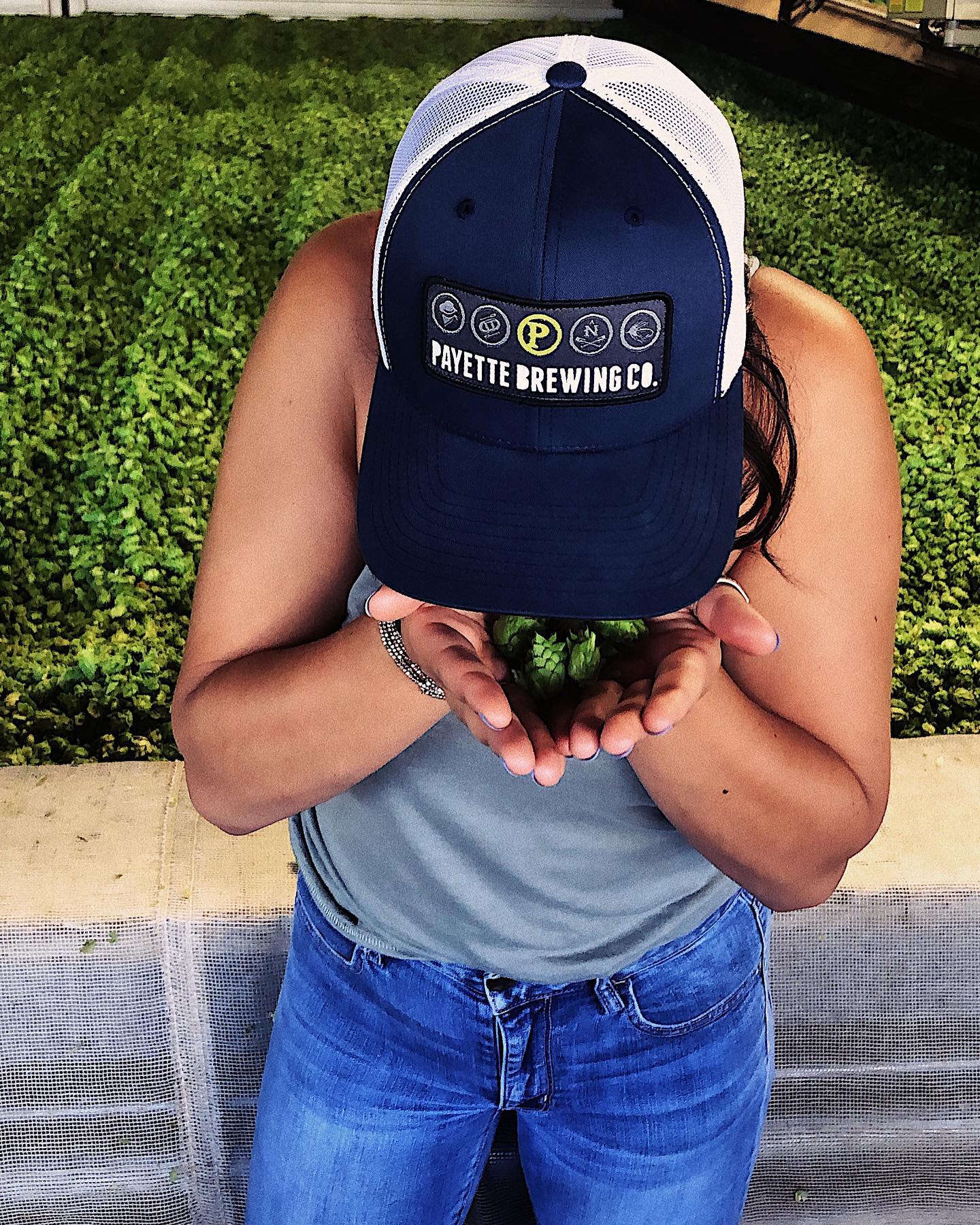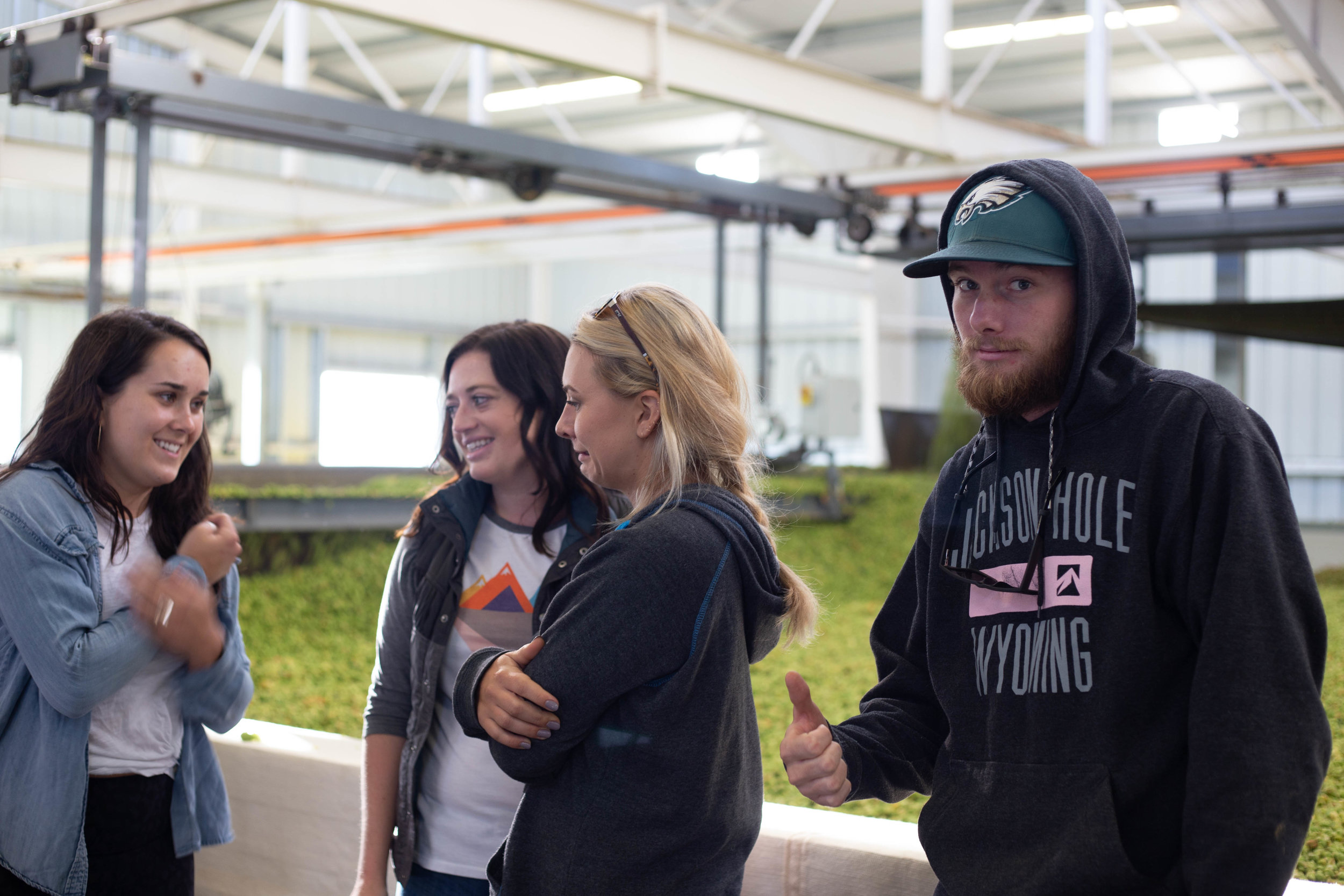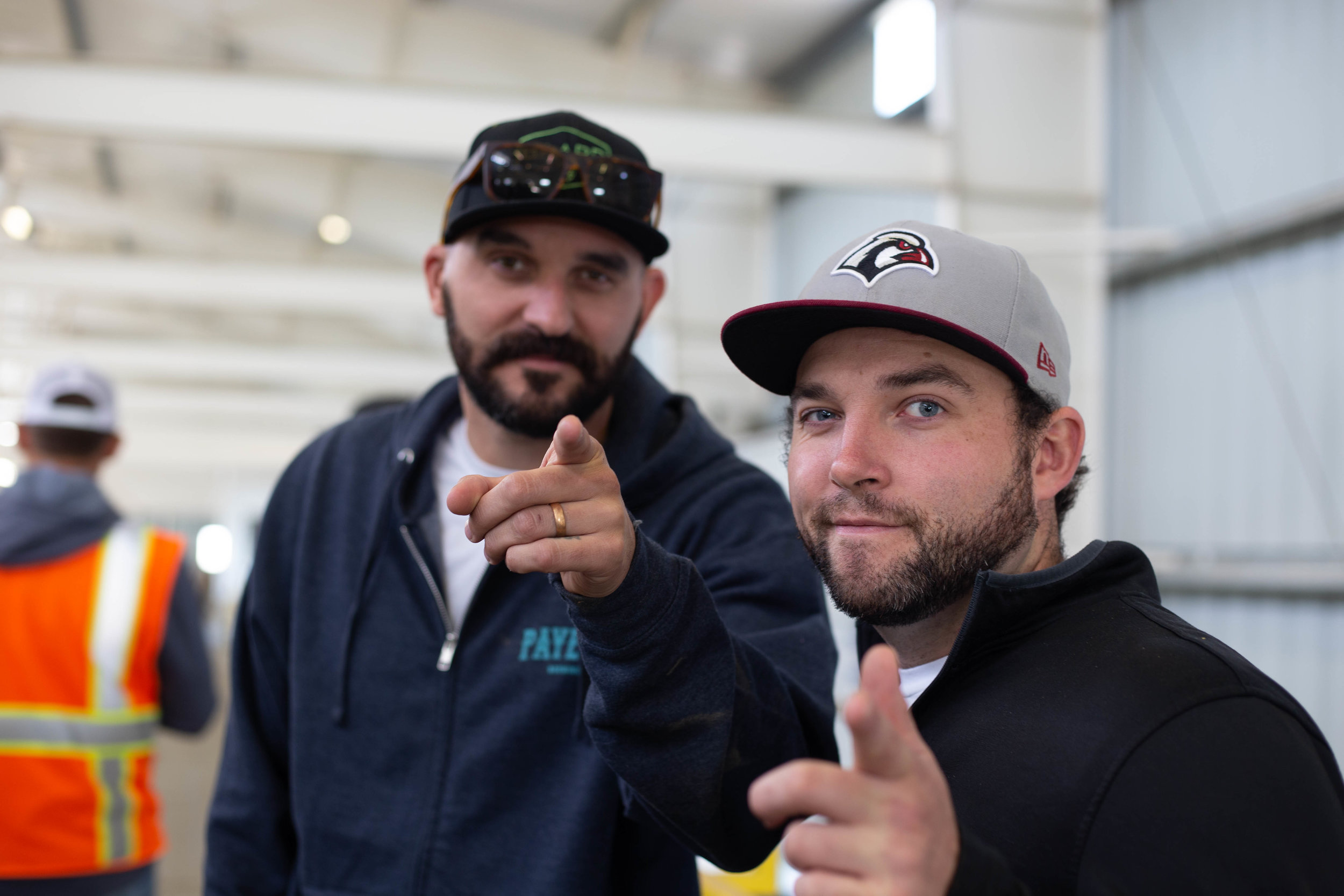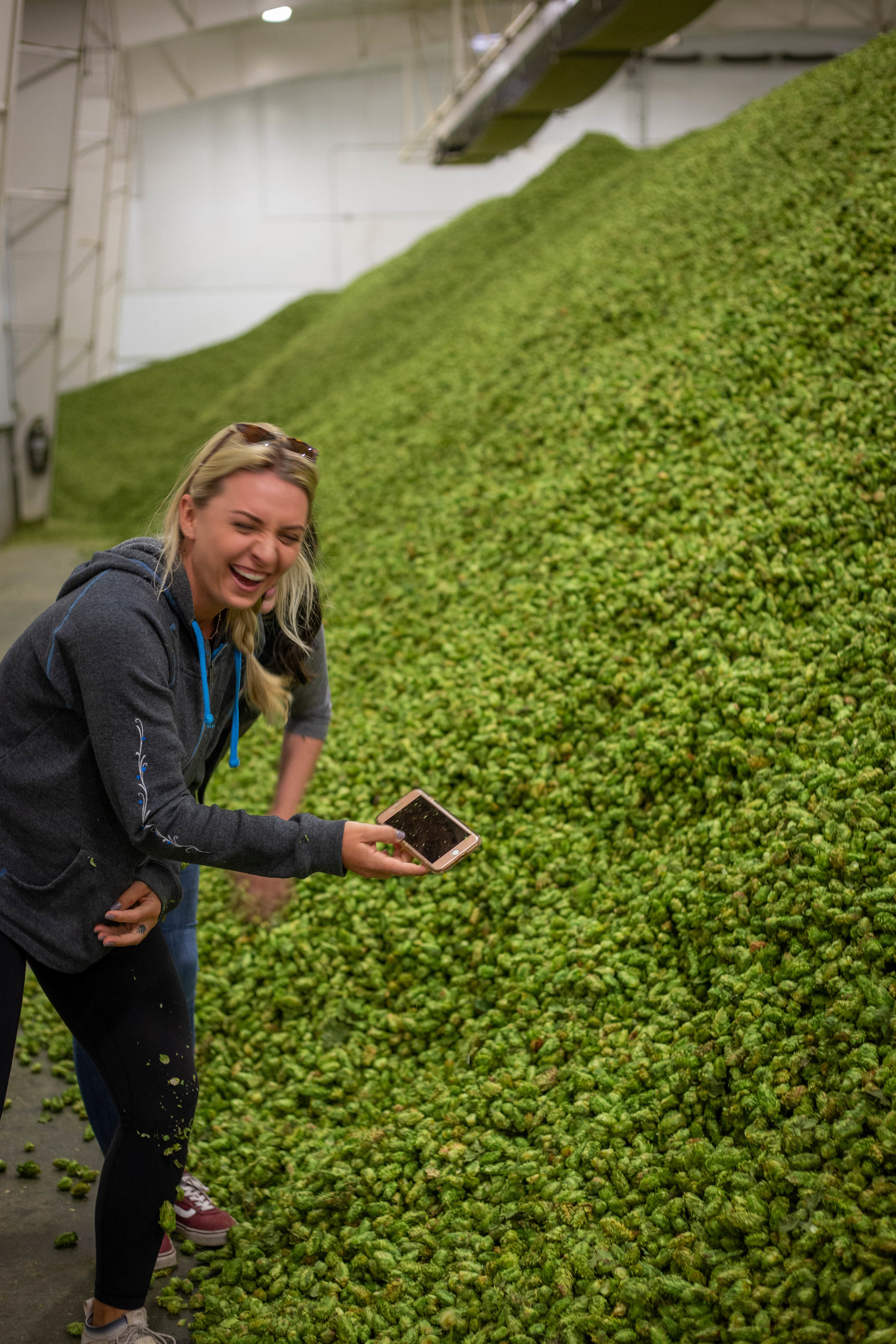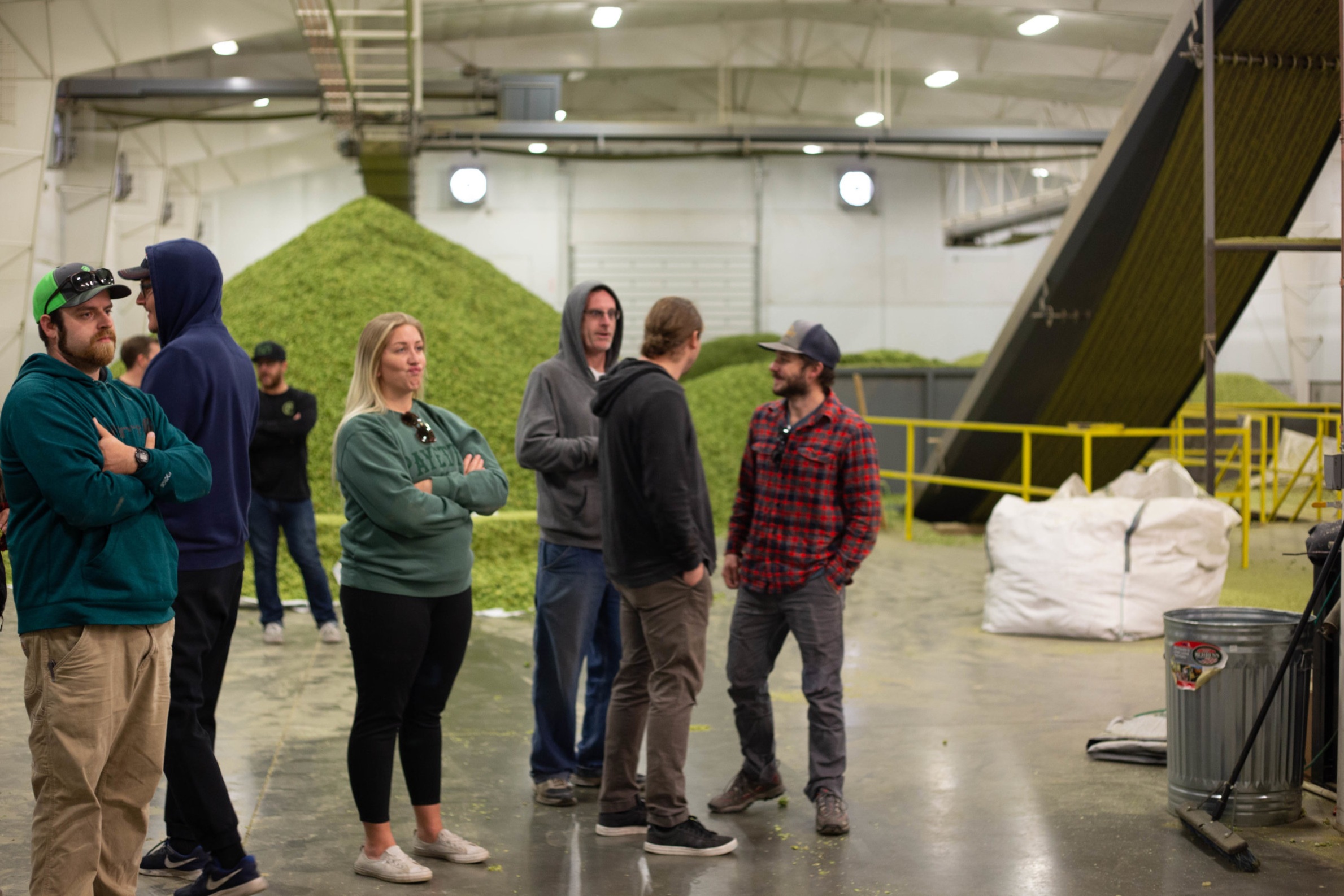For those of us in the craft beer industry, late summer and early fall mean something else besides labor day barbecues, going back to school, and football season. Come September, we count the days until we can harvest one of the most important ingredients to our beer, that precious Humulus Lupulus, or HOPS!
For a few weeks in early fall, brewers from all over America flock to the northwest to get a glimpse of, and hopefully bring home the freshest available hop varietals picked right from the vine. Payette Brewing Company is ahead of the game when it comes to securing the freshest local hops available for our fall seasonals and fresh hop IPA beer releases. This year was no different as our brewers made impromptu early morning and midnight trips to our partners at Gooding Farms to gather Chinook hops for our classic Wet ‘N Wilder IPA and Amarillo hops for the next entry in our Sofa King series, the Sofa King Fresh IPA.
Last week some of the Payette Brew Crew had the privilege of visiting the family operation of one of our coworkers, Obendorf Hop Farm, followed by a tour and lunch at Mill 95 for a seriously fresh experience. Now that Idaho is the second largest hop producer in America, we are even more proud to use as many local ingredients in our beer as possible.
We started our day at Obendorf Hop Farm, one of the largest in the state and supplier of hops all over the nation, to watch the harvest in action. At first glance this operation was much bigger than most of us had anticipated, spanning thousands of acres of farmland in Southwest Idaho. Running 24 hours a day and for weeks at a time, the production facility was buzzing with trucks, cutters, loaders, and dozers.
Truckloads of hops are brought in and picked up to be carried into what I can best describe as a menagerie of trimmers and conveyor belts that do an incredible job of separating the hop cones from the leaves and stems. What comes in as a bushy 10 foot long vine that stinks of citrus and pine, comes out as a picturesque fresh hop cone.
From there the cones are transported to a temperature regulated drying facility the size of a football field where the hops are dried in beds and sorted according to variety.
Once sorted, the hops are deposited into piles (actual mountains) where they are dried and wait to be baled then put into cold storage before shipment to their respective buyer or pelletizing facility.
Brew Crew for scale
From there we followed the hops just down the road to Mill 95 to check out their facility and watch the pelletizing process firsthand, which begins with the breaking down of the recently packed hop bales using some seriously heavy machinery.
Following the break down, the newly crushed hop material is fed through a series of dryers, hoppers, and feeders that will eventually deposit into a specific machine that then produces the actual hop pellets that most commercial brewers would recognize.
If you haven’t had the opportunity to visit a facility like this before, while you can never fully remove the human element, there is a surprising level of technology and automation that now goes into the processing of raw ingredients used in brewing. That was apparent at Mill 95, given their scale of business and food service standard that is required at this step, it makes sense.
Much thanks to both Mill 95 and Obendorf Hop Farm for a day full of fresh hops and beer nerding! It was an incredible experience that the Payette Brew Crew was fortunate enough to tag along for. Seeing the inner workings of an industry that has recently exploded in popularity, and the effect it has on our local communities here in Idaho is something we will not soon forget.
If you’d like any more information about our partners please check them out directly!
